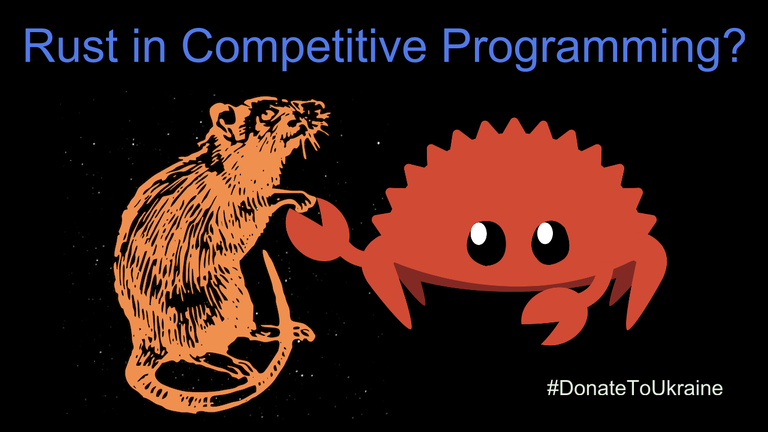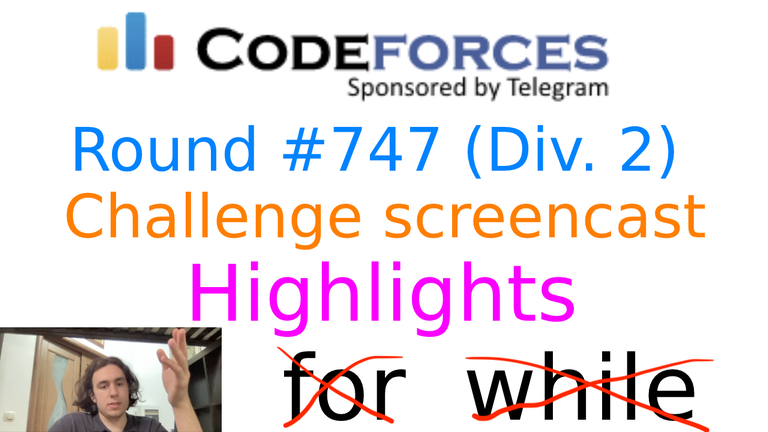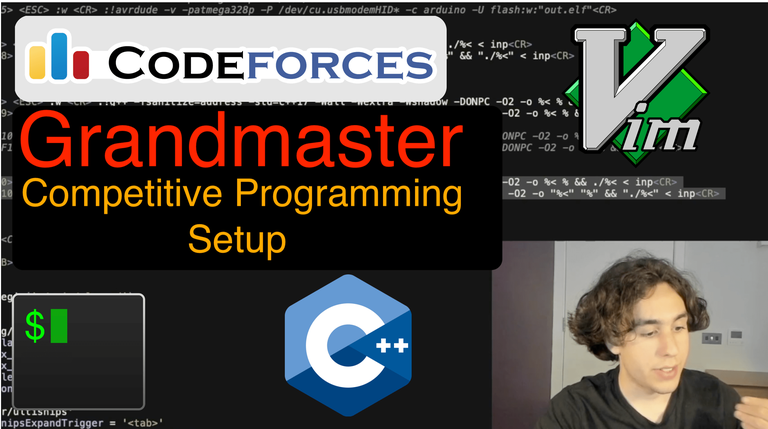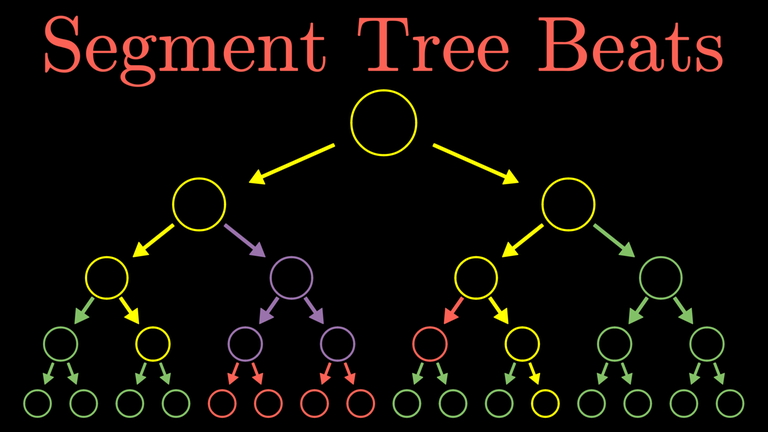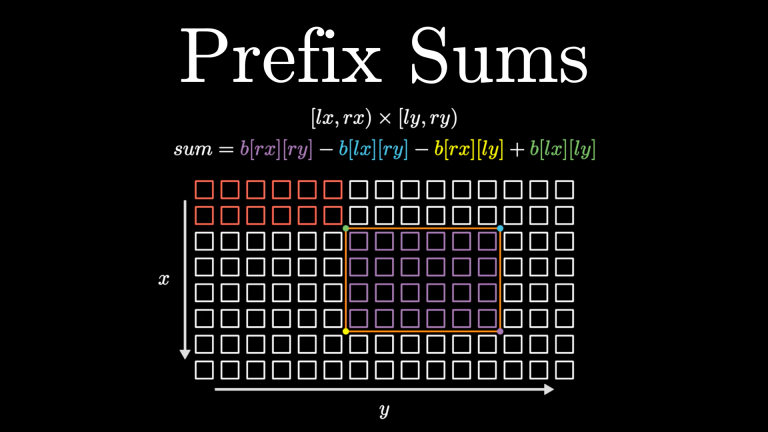Ranges and views from c++20 are cool. Today I have learned that C++23 brings even more fun stuff from python to c++. For example, zip and enumerate. These are some of the features from python that I missed the most in c++. Also, now there is a thing called cartesian product which helps one to avoid writing 5 nested loops.
I think these things could be pretty handy for competitive programming, so I would like to ask: what other features of c++23 do you find interesting? And when do you think we could get c++23 on Codeforces?










